If you’ve ever applied for credit, whether it’s a mortgage, credit card, loan or even a store card, then there’s a very good chance that the company you were applying to, did a credit search on you. This simply means that they’re checking your credit history to see if you’re going to be a reliable customer who is likely to make repayments on time.
In this post, we’re busting a few of the myths and misinformation out there about credit scores, so you can see exactly how yours works – and how you can improve it.
Myth #1: The “blacklist”
Good news! There is no list of people who have been ‘blacklisted’ for credit.
When you apply for credit, the lender will take into account all sorts of information to help them decide whether to accept or decline your application. The ultimate decision will lie with the lender and will be based on a number of factors, such as their own lending criteria, your personal details, such as your income and your credit history. While you may be declined for one product, it doesn’t necessarily mean you’ll be declined for another.
Myth #2: You can pay to get information removed
Unfortunately, there are unscrupulous people and companies out there who will tell you that they can have information such as defaults or county court judgments removed from your credit report – for a fee of course.
Tempting as that may sound, the truth is that information can’t be removed from your credit report unless it’s found to be incorrect.
Most information will remain on your report for 6 years.
Myth #3: You have one, universal credit score
People often refer to their ‘credit score’ like it’s one score that all lenders will see when they do a credit search.
In fact, each lender has their own scoring system which is set up to score against their specific lending criteria.
It’s possible to check your score with each of the Credit Reference Agencies (CRA’s) – and they will give you an idea of what type of score you might expect when you apply for credit, but it’s important to remember that this number can and will vary from lender to lender.
Myth #4: Credit Reference Agencies decide whether you get credit
When you apply to a lender and they do a credit check – it might look like the Credit Reference Agency are the ones deciding whether it’s a ‘yes’ or ‘no’.
In fact, they’re just sharing factual information about your credit history. The lenders themselves use this information to give you a score and that score is what decides whether they accept or decline your application.
Myth #5: If you have lots of debt, you’ll have a poor credit score
The amount of debt you have can have an impact on your score. Especially, if along with all the other information you’ve provided it appears that you might already be overcommitted and so might struggle to make your repayments.
However, if you have a manageable amount of debt that you are repaying on time and in accordance with your contract, this will generally have a positive impact on your score.
Are you financially vulnerable right now?
Our service is there to protect and support people during times in their lives when they’re financially vulnerable. By registering, you can let companies who use the VRS know about your circumstances so that they can treat you and your information accordingly.
For further information, you can visit the websites for each of the UK’s CRA’s here:

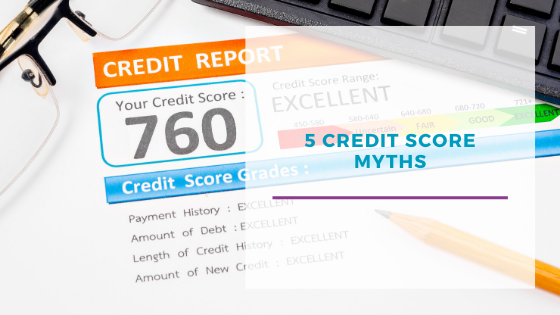





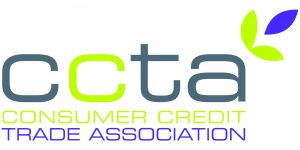
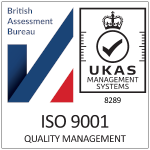

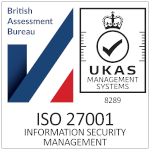

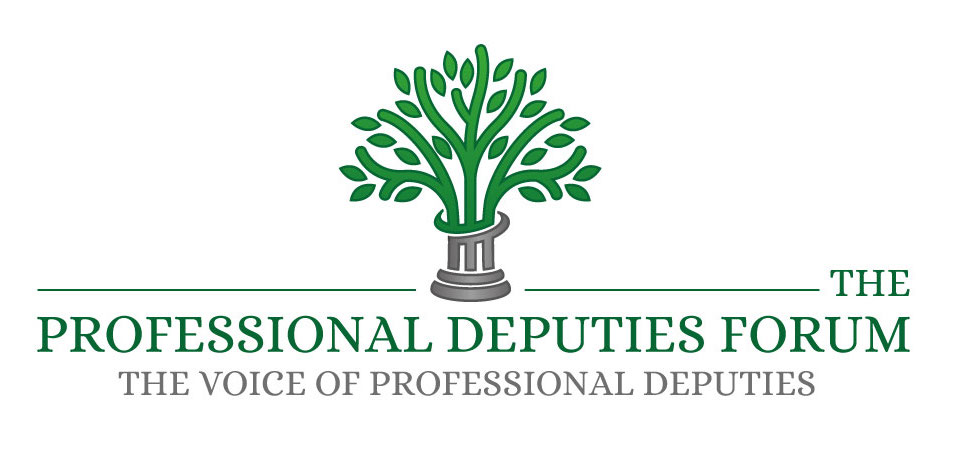

Post a comment